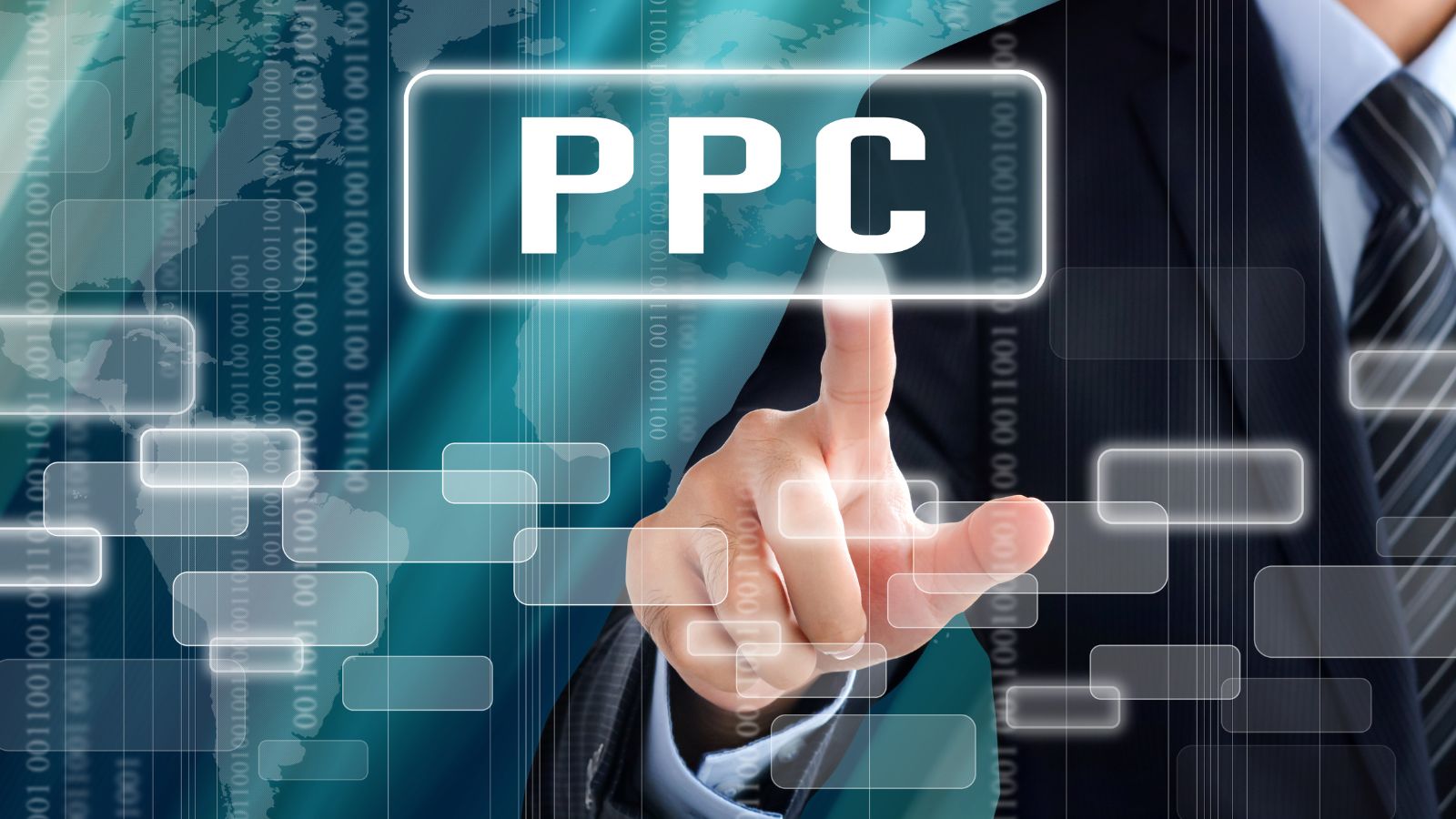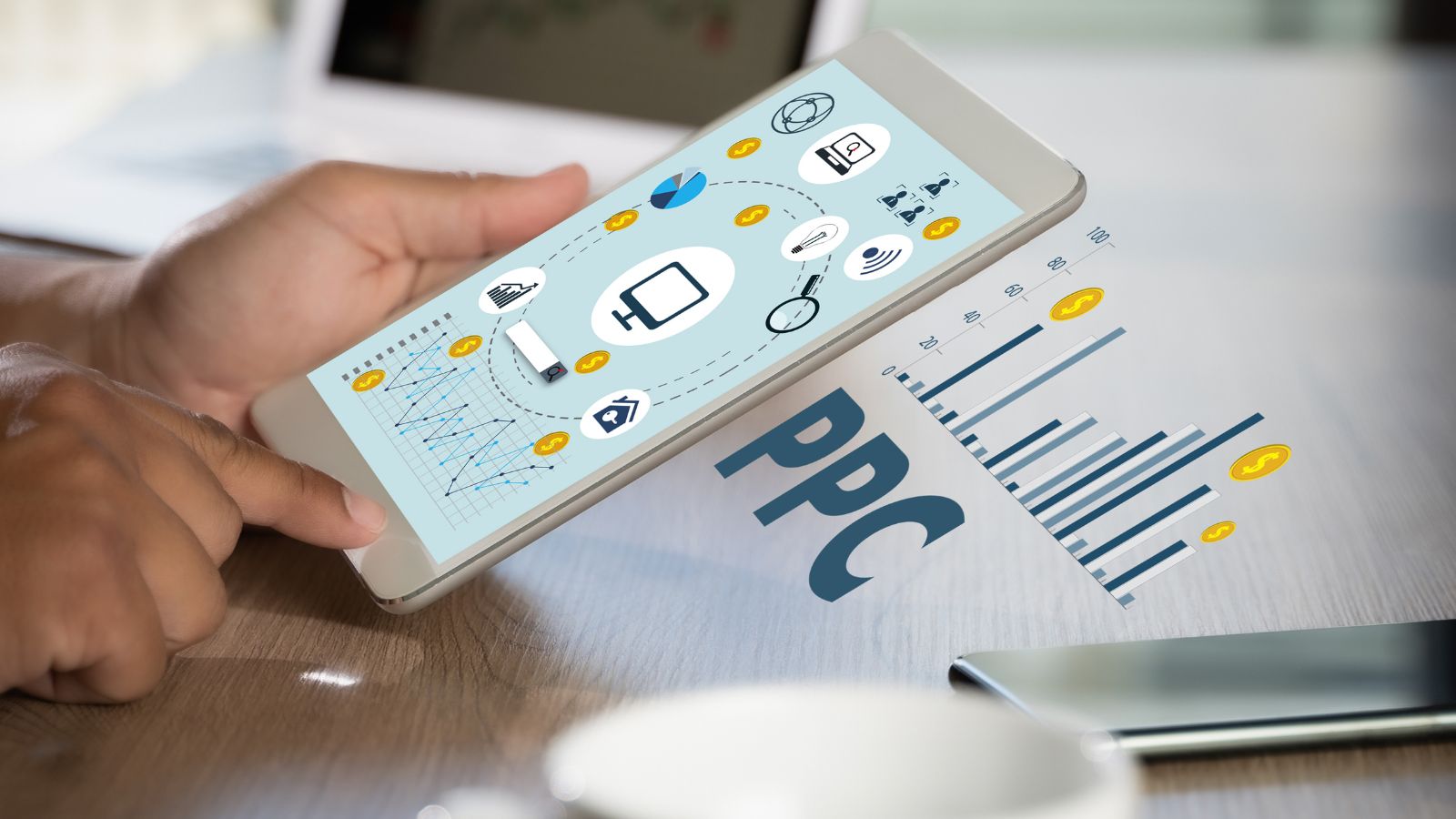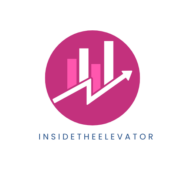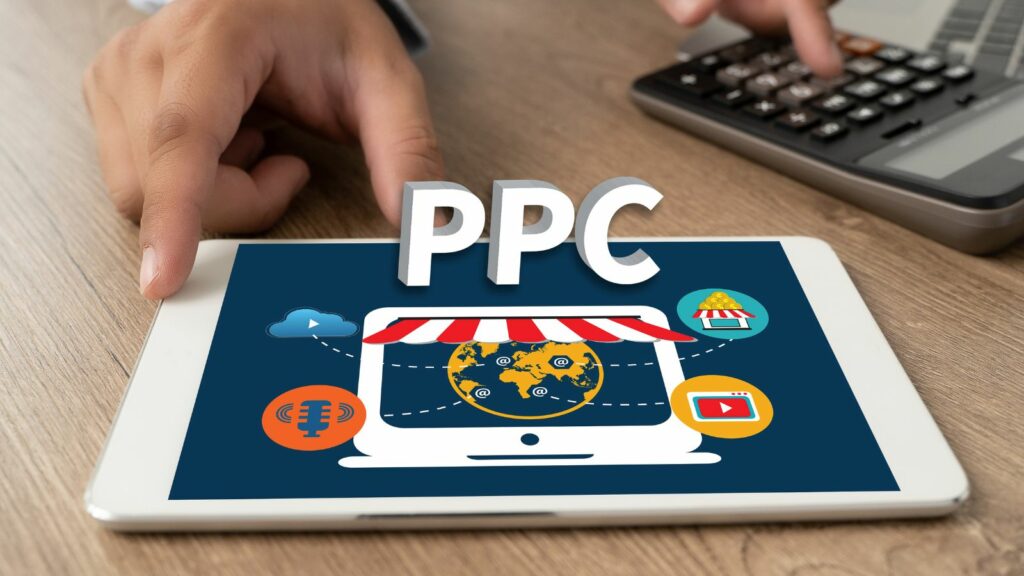Pay-Per-Click (PPC) advertising remains one of the most effective ways to drive targeted traffic, generate leads, and increase sales. However, to achieve maximum ROI, PPC campaigns must be optimized for performance, efficiency, and cost-effectiveness. As the digital marketing landscape continues to evolve in 2024, PPC optimization has become more critical than ever. Whether you’re using PPC management software, working with a PPC advertising agency, or managing campaigns in-house, this comprehensive checklist will guide you through the essential steps to optimize your PPC campaigns.
Why PPC Optimization Is Essential In 2024
In today’s competitive market, simply running PPC ads without optimizing them is no longer enough. With AI-powered solutions and advanced PPC optimization tools, businesses can now fine-tune their campaigns for greater efficiency, lower PPC ad costs, and better PPC performance optimization. The goal is to continually refine your campaigns based on real-time data to ensure your ads reach the right audience, generate conversions, and stay within budget.
Effective PPC optimization isn’t just about reducing costs; it’s about ensuring that your ads are highly relevant, engage the right users, and drive valuable outcomes for your business.
1. Set Clear Campaign Goals
The first step in any PPC campaign management strategy is to define your goals. Whether you aim to increase traffic, generate leads, or boost sales, having clear objectives will guide your PPC campaign optimization efforts. Establishing measurable KPIs (Key Performance Indicators) helps you track performance and evaluate success.

Steps To Define Your Goals:
- Choose Campaign Type: Whether it’s Google AdWords PPC management or social media PPC, align your strategy with your business objectives.
- Set KPIs: Depending on your goal, KPIs may include conversion rate, click-through rate (CTR), cost-per-click (CPC), and return on ad spend (ROAS).
- Determine Budget: Establish a realistic budget for your campaigns and allocate it according to the expected ROI.
2. Focus On PPC Keyword Optimization
Effective keyword selection is the foundation of any PPC campaign. PPC keyword optimization involves selecting high-intent keywords that are most likely to convert while eliminating irrelevant or low-performing keywords.
Tips For Optimizing PPC Keywords:
- Keyword Research: Use PPC optimization tools like Google Ads Keyword Planner or other PPC management tools to find profitable keywords.
- Negative Keywords: Implement negative keywords to avoid wasting budget on irrelevant clicks.
- Long-Tail Keywords: Focus on long-tail keywords to target more specific queries that are likely to have higher conversion potential.
Regular keyword audits and adjustments are necessary to ensure that your campaigns stay relevant and cost-effective.
3. Use PPC Bid Optimization Strategies
PPC bid optimization plays a crucial role in controlling costs and maximizing ad placement. In 2024, AI PPC optimization is widely used to automate bidding, making real-time adjustments based on campaign performance.
How To Optimize Your PPC Bids:
- Automated Bidding: Use PPC bid optimization services like Target CPA or Maximize Conversions for automated adjustments.
- Manual Bidding: If you prefer more control, set manual bids based on the competition and conversion data for individual keywords.
- Bid Adjustments: Adjust your bids based on location, device, and time of day to ensure you’re reaching the right audience at the right time.
Optimizing your PPC bid optimization helps ensure that you’re spending your budget effectively while maximizing your ad visibility.
4. Optimize Your PPC Landing Pages
A crucial aspect of PPC conversion optimization is ensuring that your landing pages are optimized for conversions. A well-designed landing page ensures that the traffic generated from your ads is more likely to convert.
Finest Practices For PPC Landing Page Optimization:
- Relevance: Ensure that your landing page content matches the ad copy, offering a seamless experience.
- Clear CTA: Include a strong, clear call-to-action (CTA) that guides users toward the conversion goal.
- Mobile Optimization: Ensure that your landing page is mobile-friendly, as a significant portion of PPC traffic comes from mobile devices.
Improving your PPC landing page optimization can dramatically increase conversion rates and reduce bounce rates, enhancing your PPC campaign management.
5. Test And Optimize Your Ads
Regular A/B testing of your ads is vital to optimize PPC campaigns and ensure they perform at their best. Testing different ad variations will help you identify what resonates most with your audience.
A/B Testing Tips for PPC Ads:
- Headline Testing: Test different headlines to see which one gets the most clicks.
- Call-to-Action (CTA) Testing: Experiment with different CTAs to find out which one drives the most conversions.
- Ad Copy Testing: Test various ad copy formats and messaging to see what resonates best with your target audience.
By continuously testing, you can refine your PPC ads optimization and improve ad performance over time.
6. Leverage AI-Powered PPC Optimization Tools
With advancements in technology, AI PPC optimization tools are now widely available. These tools analyze campaign data in real-time, automatically adjusting bidding strategies, keyword targeting, and ad delivery to optimize performance.
Benefits Of AI-Powered PPC Tools:
- Real-Time Adjustments: AI algorithms make adjustments based on performance data to maximize PPC ads optimization.
- Smart Bidding: Automated PPC bid optimization helps ensure that your bids are competitive without overspending.
- Audience Targeting: AI tools can analyze customer behavior and optimize PPC ad targeting optimization to increase conversions.
Using PPC optimization software with AI-powered solutions saves time and improves campaign performance without manual intervention.
7. Monitor And Analyze Campaign Results
Effective PPC management doesn’t stop after the campaign is launched. Continuously monitor your PPC campaigns and make adjustments based on real-time data. Use PPC optimization software to track metrics such as CTR, CPC, conversion rates, and ROAS.
Metrics To Track:
- CTR (Click-Through Rate): The percentage of people who click on your ad after seeing it.
- CPC (Cost Per Click): The amount you’re paying for each click on your ad.
- Conversion Rate: The percentage of visitors who take the desired action on your landing page.
- ROAS (Return on Ad Spend): The revenue generated from your PPC campaigns relative to the amount spent.
Regularly reviewing these metrics allows you to make adjustments to improve PPC campaign optimization and maximize your ROI.

8. Budget Optimization
PPC budget optimization is crucial for ensuring that your campaigns are cost-effective. Allocate your budget strategically across campaigns based on their performance to maximize the return.
How To Optimize Your PPC Budget:
- Reallocate Budget: Shift your budget to the best-performing campaigns or ad groups.
- Set Daily Limits: Set daily budgets for each campaign to ensure you’re not overspending.
- Monitor Campaigns: Regularly monitor performance and adjust your budget based on results.
Using PPC optimization tools helps automate budget adjustments, ensuring that you’re spending efficiently.
Conclusion: Mastering PPC Optimization For Maximum ROI
Optimizing your PPC campaigns is a dynamic and ongoing process that involves refining every aspect, from PPC keyword optimization to PPC bid optimization and PPC landing page optimization. By using the right tools, strategies, and services, you can improve your PPC performance optimization and maximize your ROI in 2024.
If you need help, consider partnering with a PPC advertising agency or using PPC management services to get expert assistance. Whether you’re looking to optimize PPC campaigns or reduce PPC ad costs, the strategies outlined in this guide will help you get the most out of your advertising budget.
Start optimizing today, and watch your PPC ads perform better than ever!
What part of PPC optimization are you most excited to implement? Share your thoughts in the comments!

